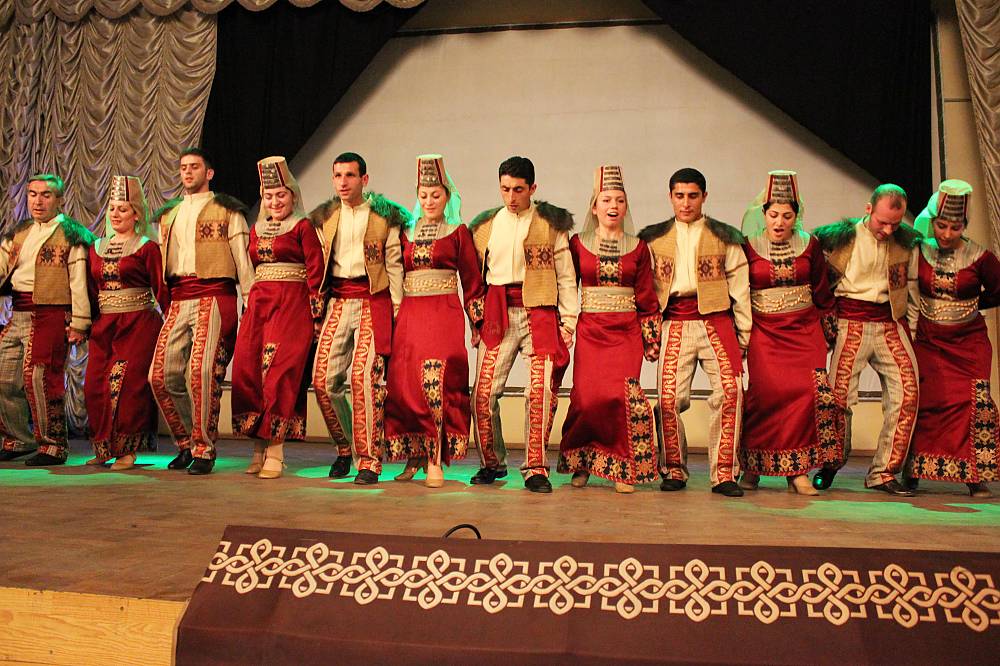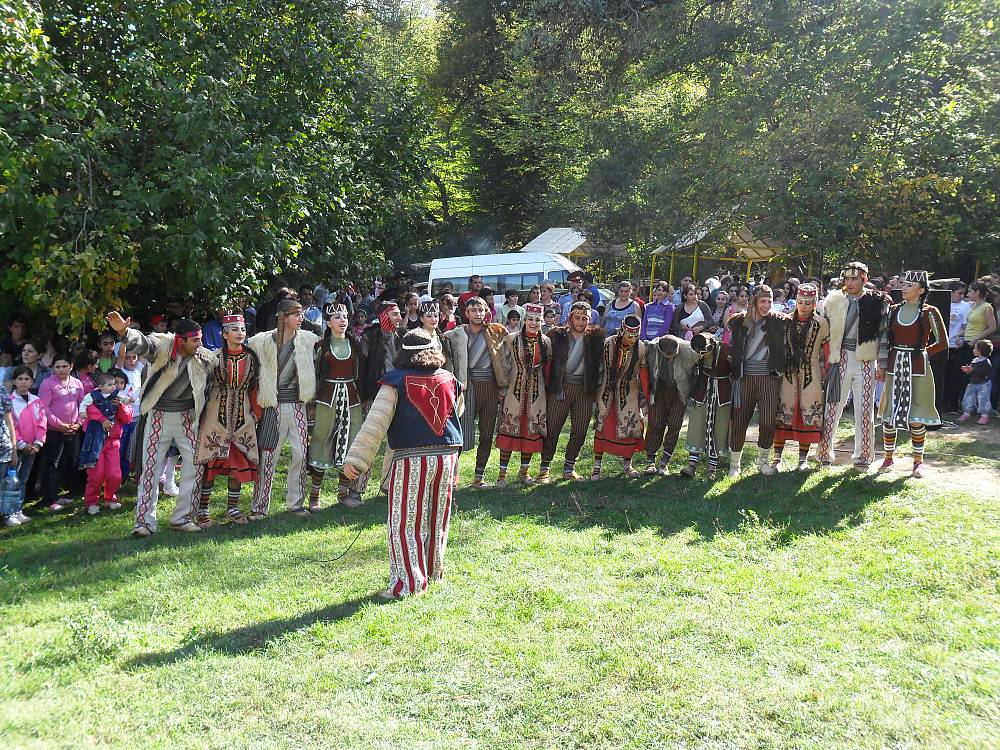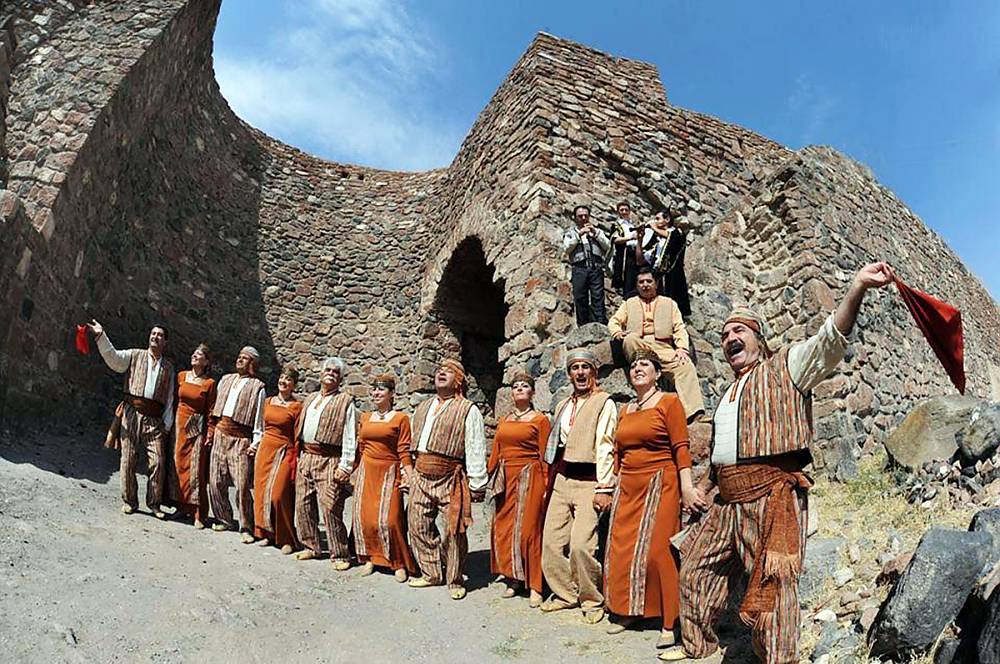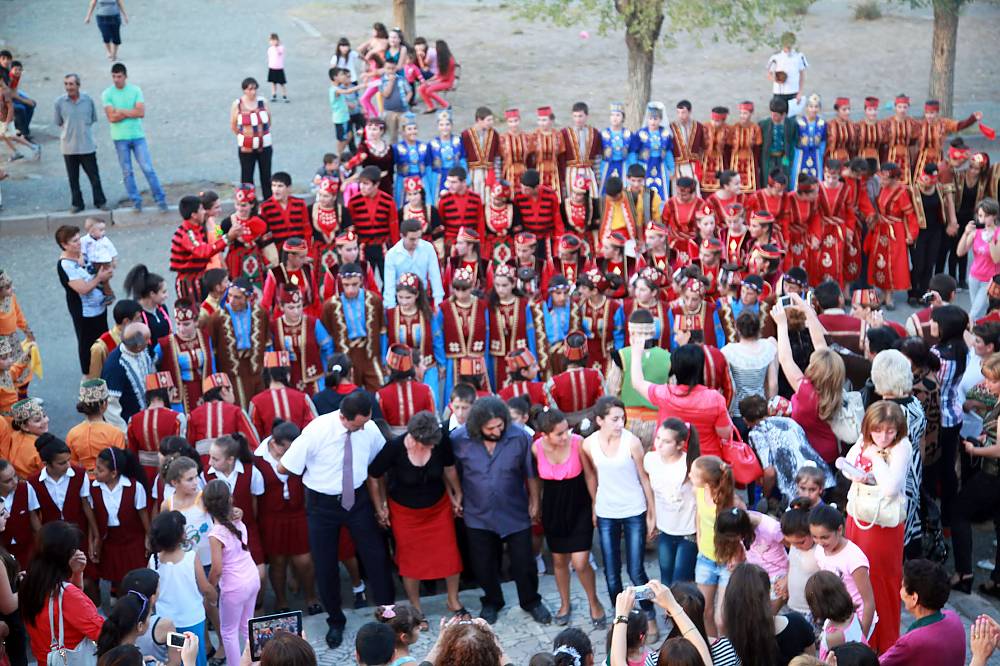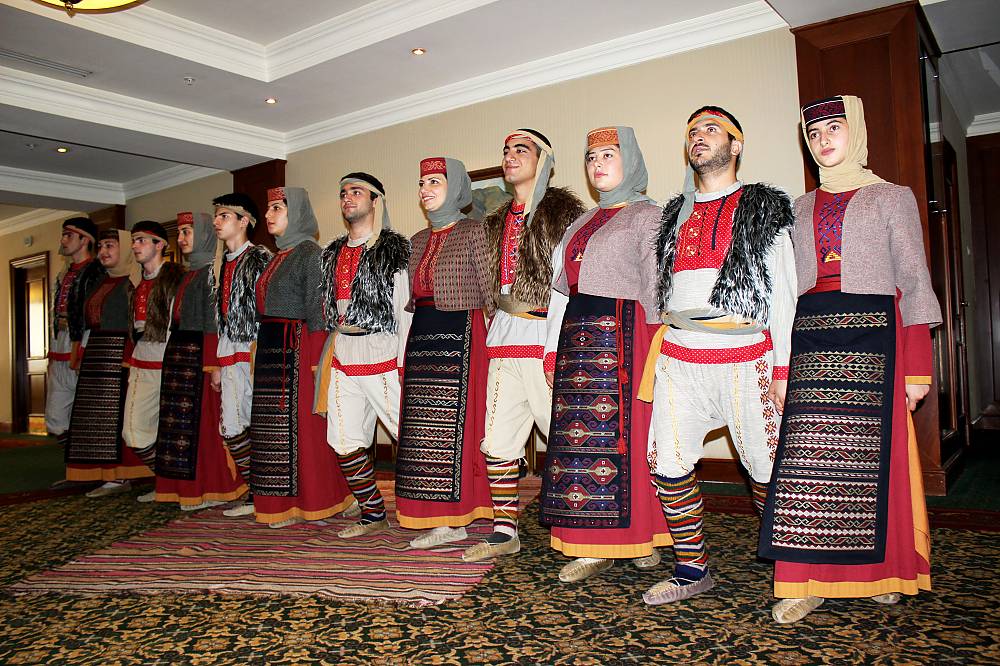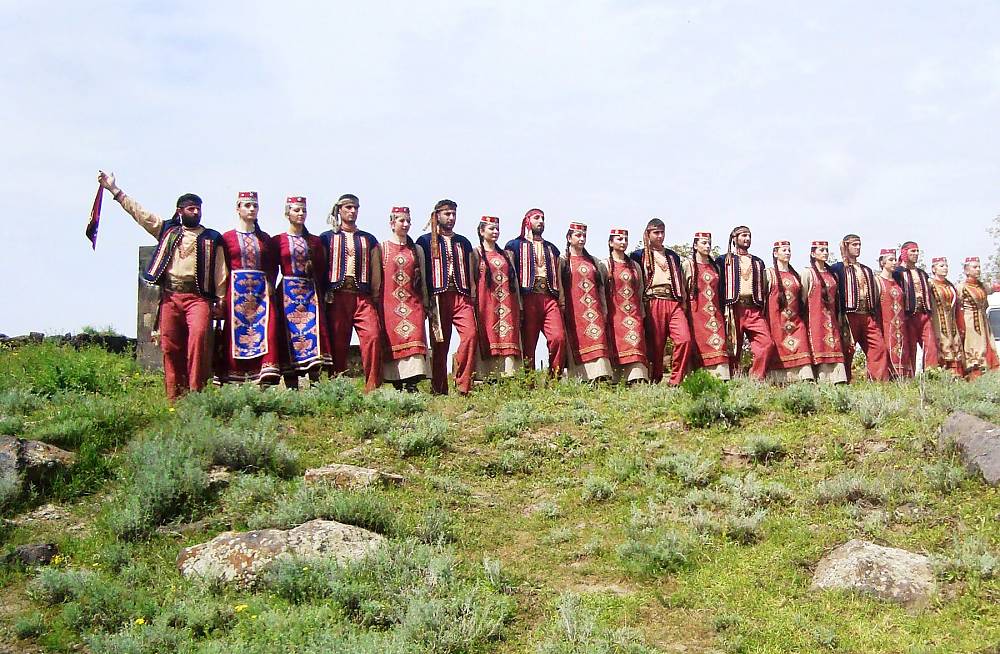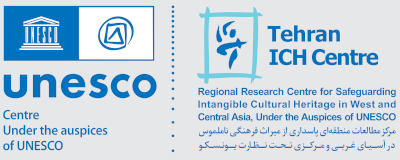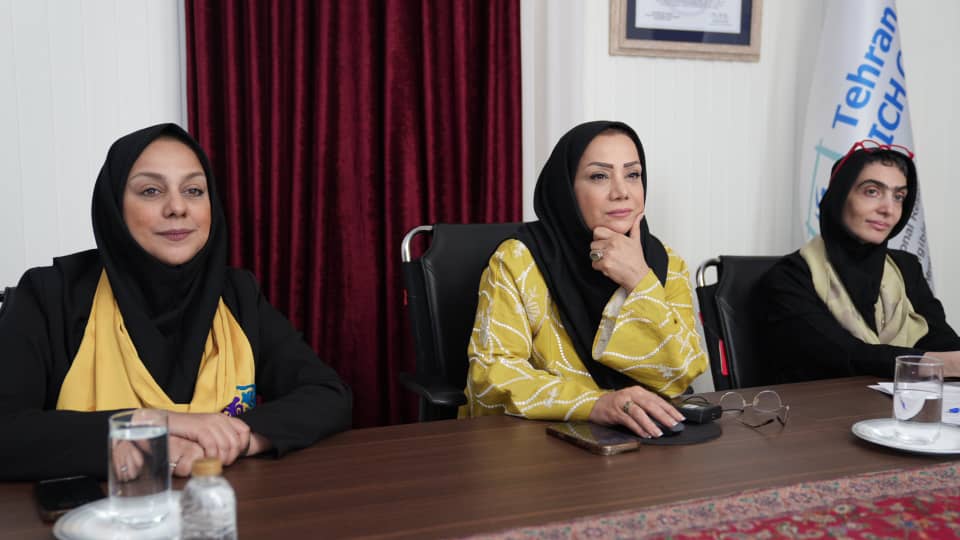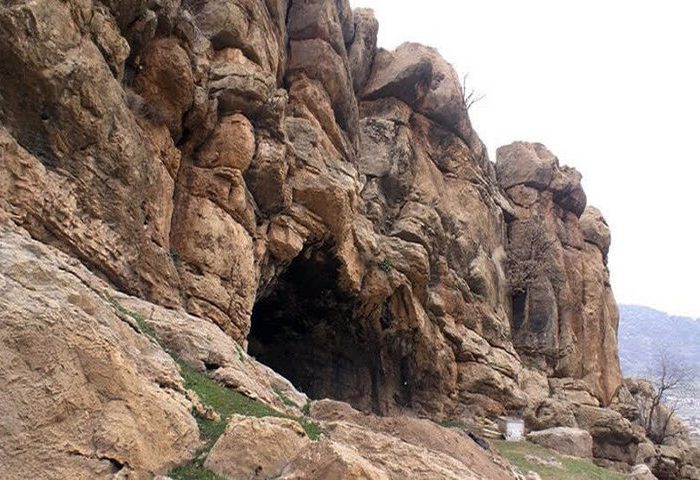Kochari is a traditional dance that is widely performed throughout Armenia during holidays, festive celebrations, family ceremonies and other social events. It is open to all participants, irrespective of age, gender or social status. Kochari provides a sense of shared identity and solidarity, contributes to the continuity of historical, cultural and ethnic memory, and fosters mutual respect among community members of all ages. It is transmitted through both non-formal and formal means, and is one of the rare traditional dances whose chain of transmission has never been interrupted. Formal means of transmission include the inclusion of a ‘folk song and dance’ course in the curricula of comprehensive schools in Armenia since 2004, educational programmes in youth arts centres, increased visibility of the element through the internet and other media outlets, and institutional initiatives. Folk dance groups have also been active in various communities since the 1960s, and non-governmental organizations regularly hold dance classes. Non-formal transmission occurs within families and through spontaneously formed dance groups. Communities, groups and individuals are actively involved in ensuring the viability of the element, notably through the ‘Our dances and we’ initiative, which has been carried out since 2008, with experienced practitioners playing a key role in safeguarding efforts.
